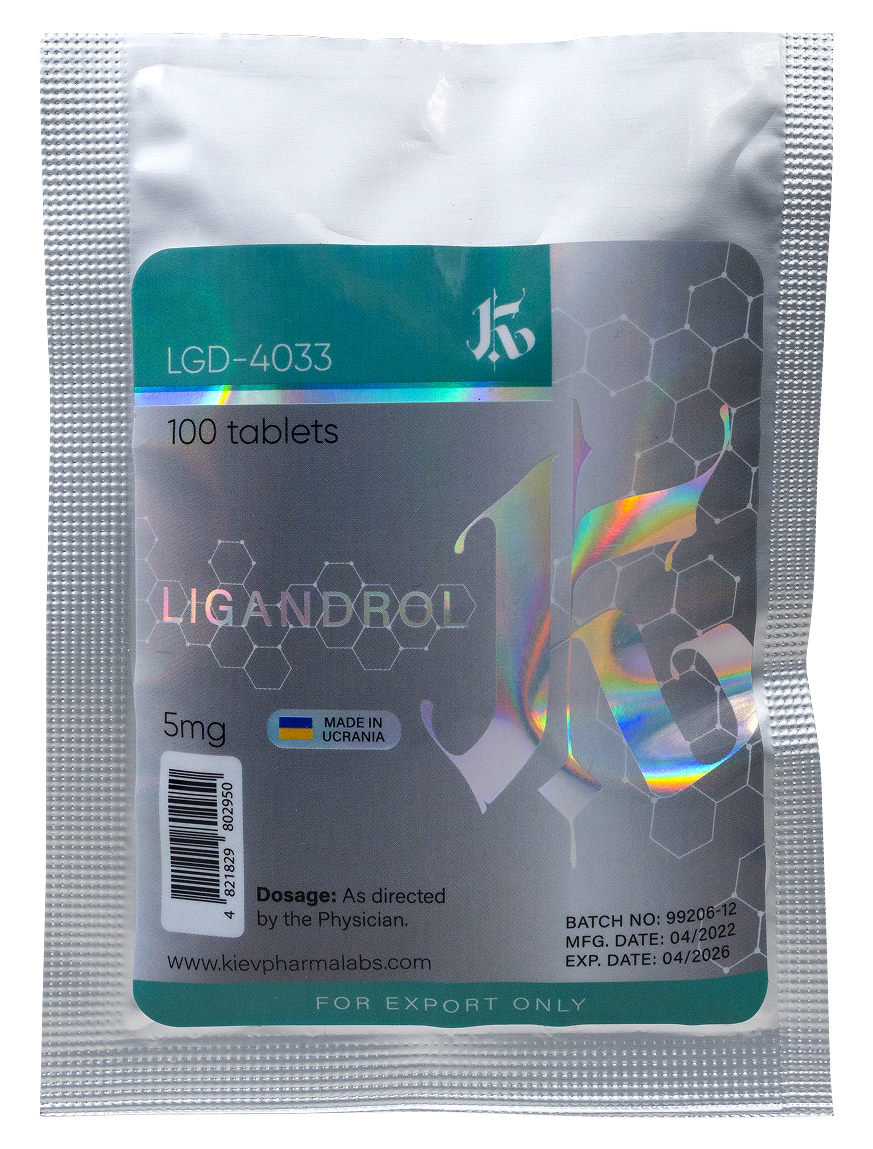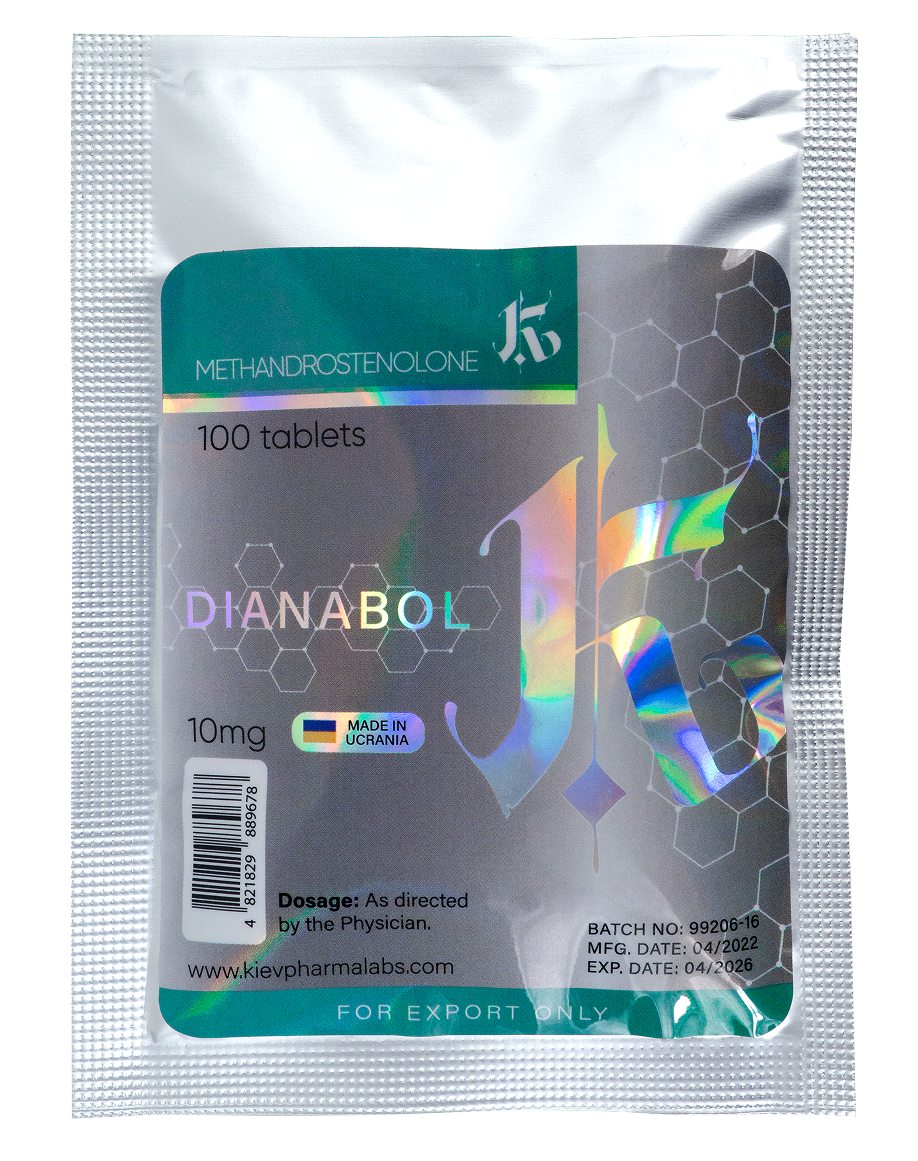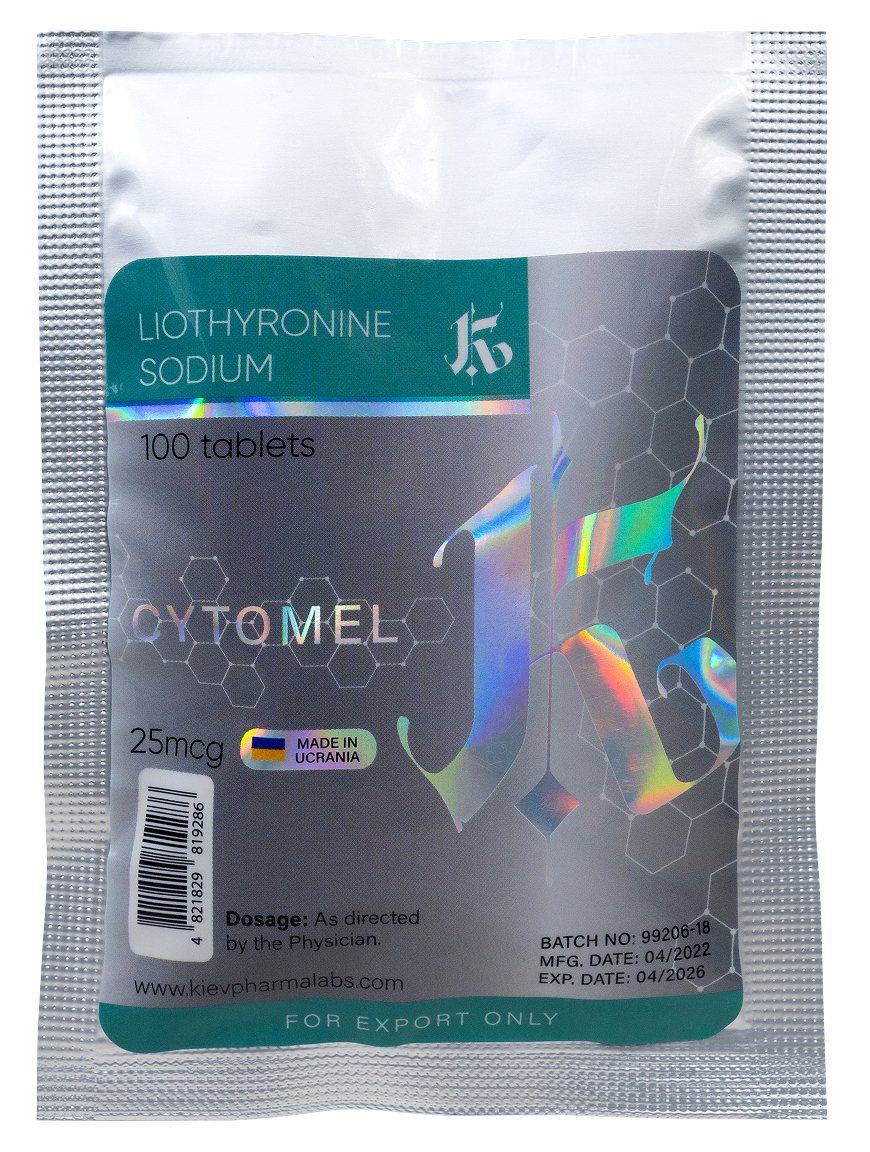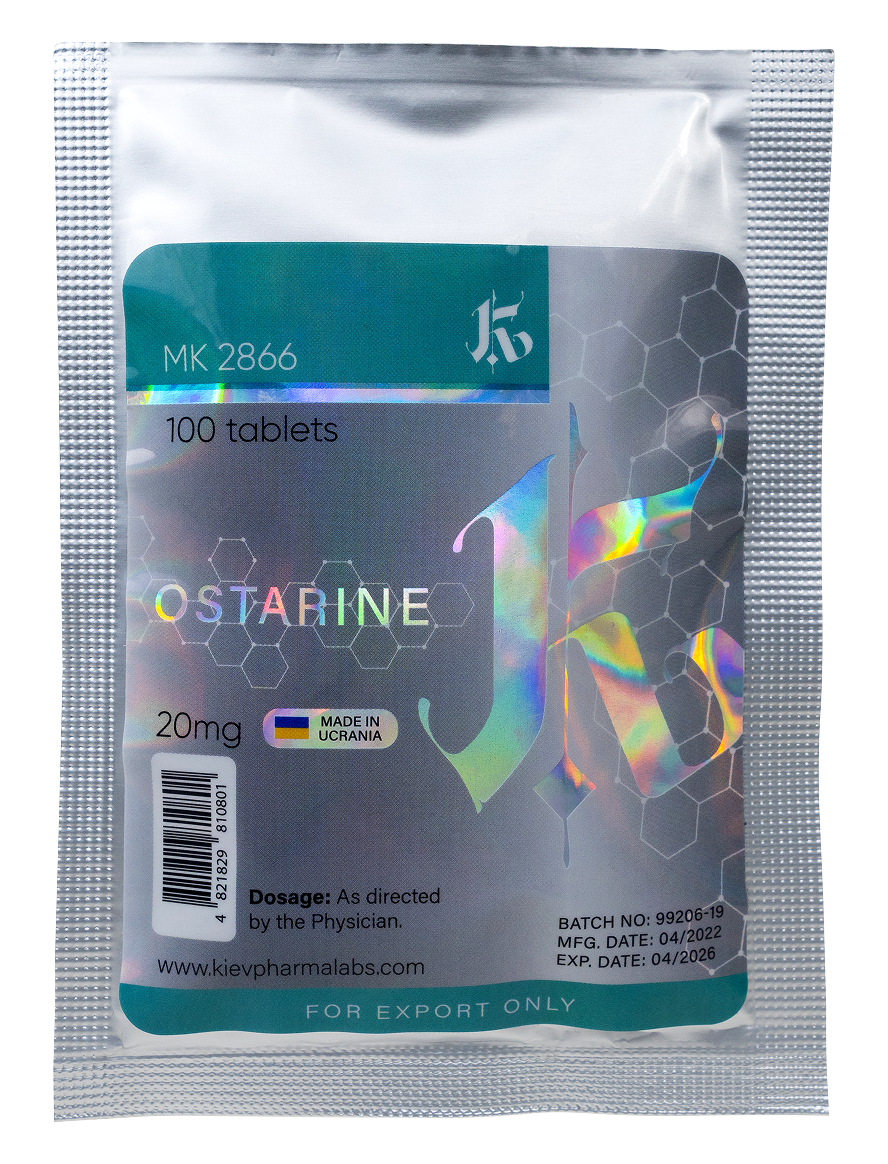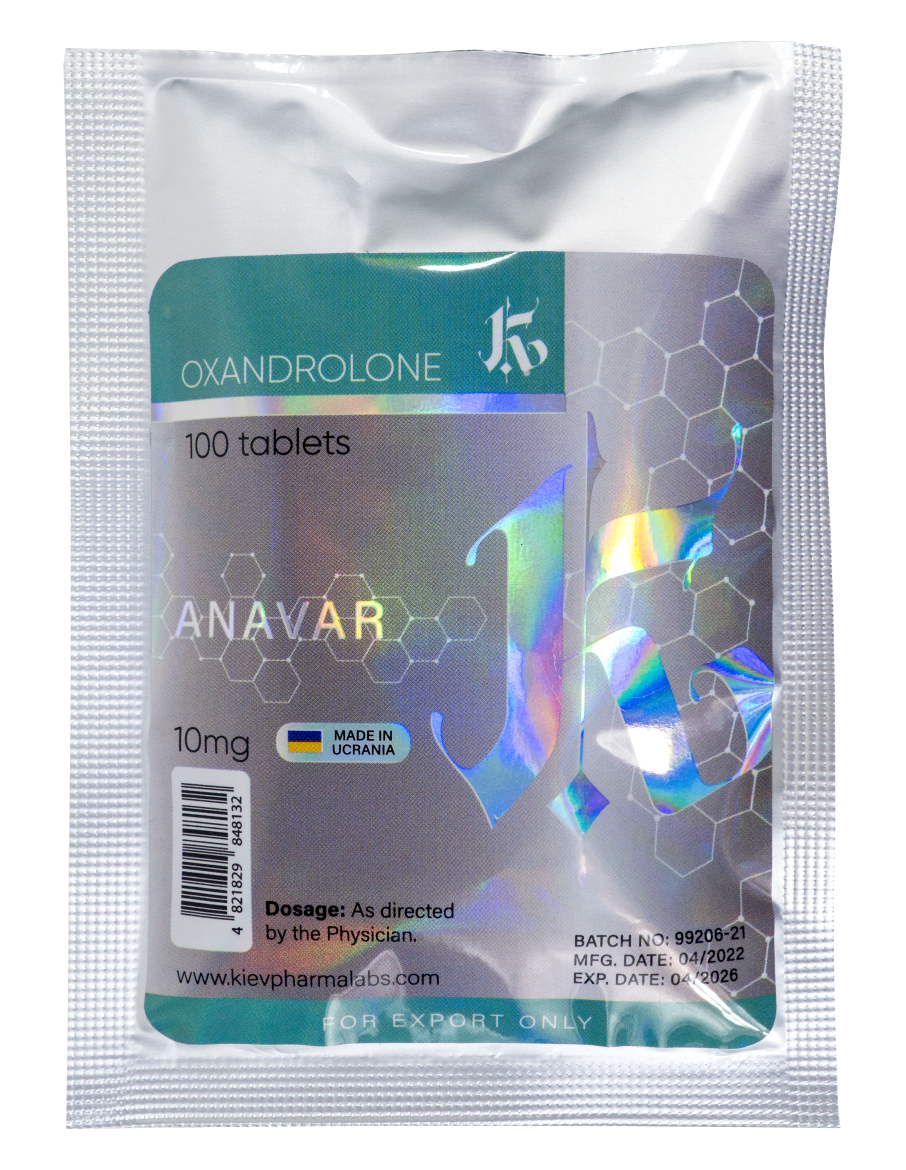In recent times, Ozempic has gained notoriety as a quick solution for weight loss. Originally developed to treat type 2 diabetes, this medication went viral when users began noticing significant weight reduction. However, its unsupervised use has raised concerns due to side effects such as nausea, diarrhea, kidney problems, and pancreatitis.
Given this situation, the scientific community has been searching for safer and more natural alternatives. Researchers at Stanford Medicine have identified a natural molecule called BRP, which has been shown to reduce appetite and body weight in animal models without the adverse effects associated with Ozempic.
What is BRP?
BRP is a 12-amino-acid peptide discovered through artificial intelligence. This compound acts directly on the hypothalamus, the brain region responsible for controlling appetite and metabolism. Unlike semaglutide (the active ingredient in Ozempic), which affects multiple organs, BRP appears to have a more targeted action, which could explain the absence of side effects observed in preclinical studies.
Promising Results in Animals
In studies conducted with mice and pigs, BRP administration resulted in a reduction of food intake by up to 50% within just one hour. Additionally, in a 14-day trial with obese mice, those treated with BRP lost an average of 3 grams of fat, while the control group gained weight during the same period. These results suggest that BRP not only suppresses appetite but also promotes fat loss without negatively affecting other aspects of health.
Comparison with Ozempic

While Ozempic acts on receptors present in the brain, intestines, pancreas, and other tissues, potentially causing side effects such as nausea and constipation, BRP appears to act more specifically on the hypothalamus. This specificity could lead to a lower incidence of adverse effects, although further studies are needed to confirm this in humans.
Next Steps in Research
Dr. Katrin Svensson, the lead researcher and an assistant professor of pathology at Stanford, has co-founded a company with the goal of bringing BRP to human clinical trials. If the results in humans mirror those observed in animals, BRP could represent a revolutionary and safer alternative for obesity treatment.
Conclusion
The discovery of BRP opens new possibilities in the fight against obesity, offering a potential natural alternative to Ozempic without the associated side effects. However, it is essential to wait for the results of clinical trials in humans to determine its safety and efficacy in medical practice.










